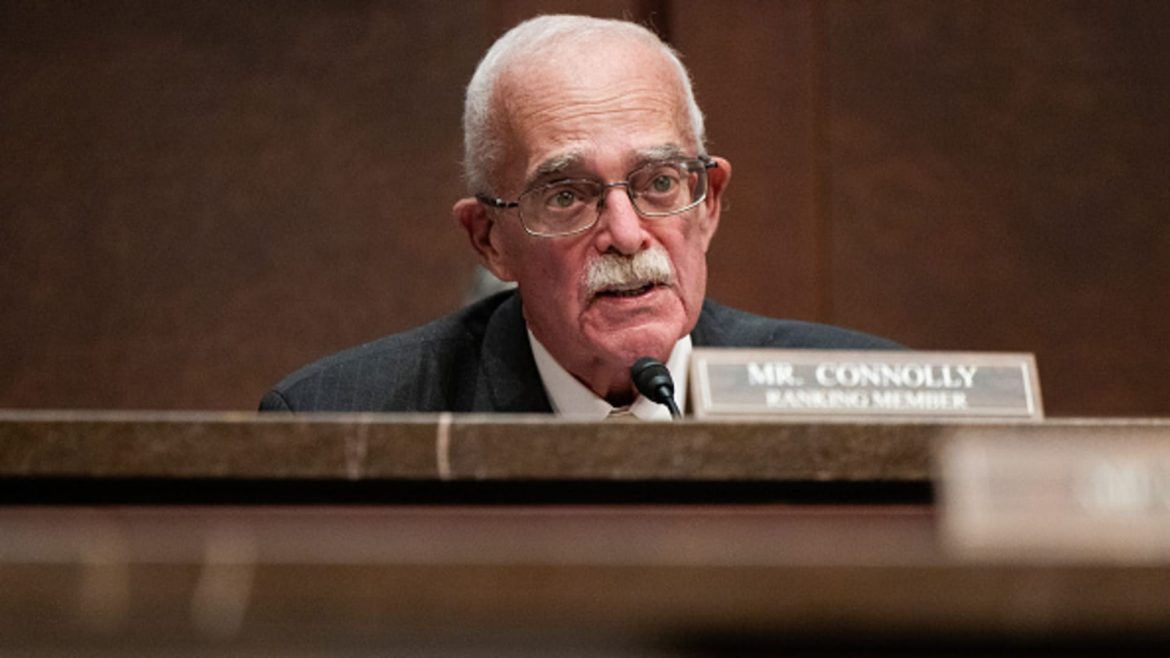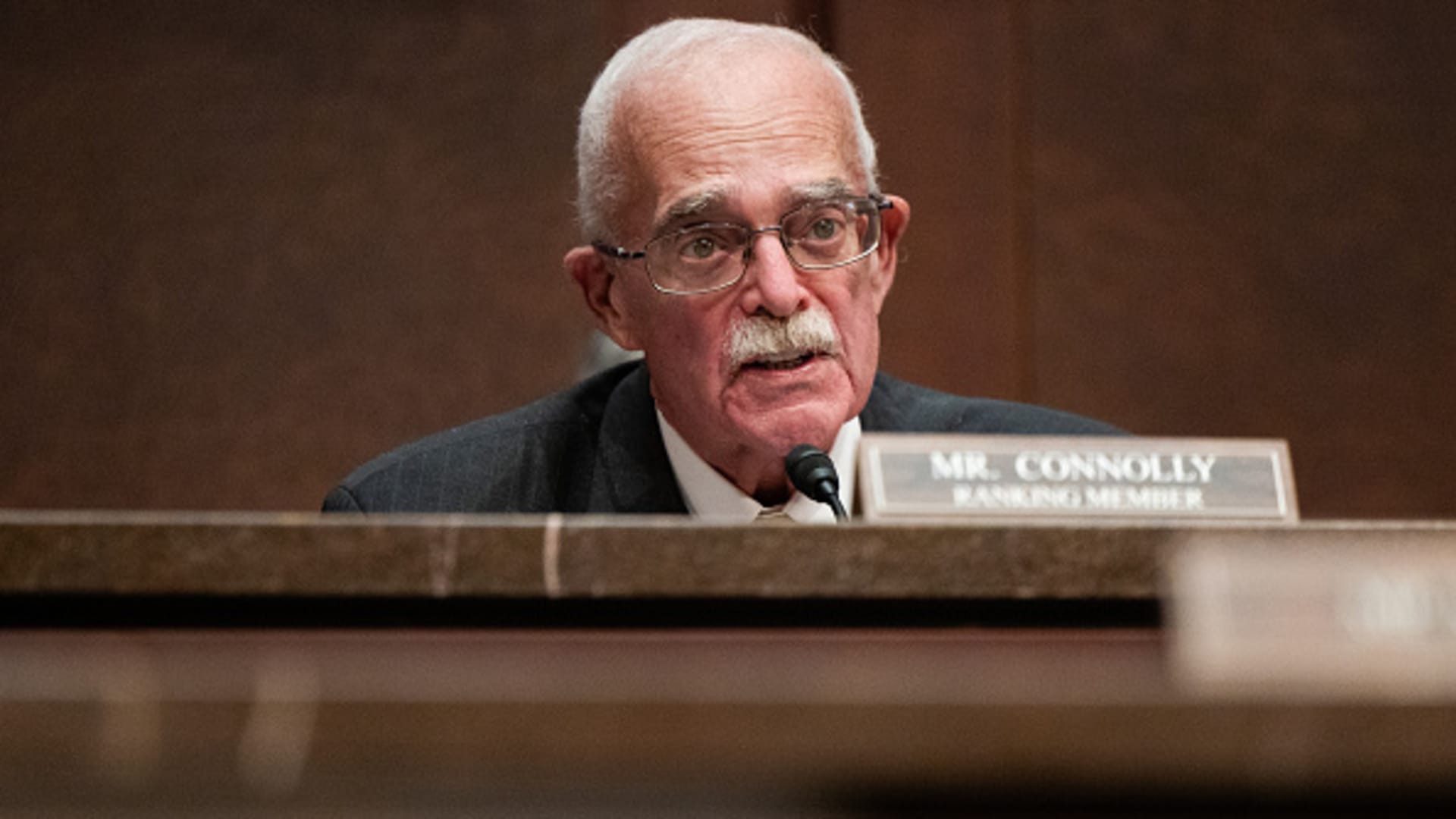Remembering Rep. Gerry Connolly: A Resilient Advocate and Dedicated Public Servant
The recent passing of Representative Gerald “Gerry” Connolly at the age of 75 marks the end of a significant chapter in Virginia politics and U.S. federal advocacy. Connolly, known for his vocal defense of federal workers and his lengthy tenure representing Northern Virginia’s 11th congressional district, died on Wednesday after a fierce battle with esophageal cancer. His death follows months of courageous public disclosure about his health challenges and an honorable decision to step back from key leadership roles to focus on his fight.
A Career Marked by Service and Advocacy
Gerry Connolly’s political career was distinguished by his dedication to the local community and federal employees nationwide. Serving Virginia’s most populous county, Connolly’s commitment to progressive values and government transparency positioned him as a critical player in the House Oversight Committee, where he often took a combative stance against opposition policies detrimental to workers and democratic processes.
Connolly’s professional legacy is marked by his repeated clashes with Republican counterparts during televised hearings, highlighting his willingness to confront political adversaries in defense of the federal workforce and democratic principles. His colleagues acknowledged his unwavering spirit, insight, and humor, which helped temper often partisan disagreements within one of Congress’s most influential committees.
The Cancer Battle and Public Courage
In late 2023 and early 2024, Connolly publicly shared his diagnosis of esophageal cancer—a brutal illness that eventually forced him to step down as the senior Democrat on the House Oversight Committee. Despite the gravity of the disease, Connolly exhibited remarkable transparency and resilience, keeping his constituents informed and maintaining his commitment to legislative duties as much as possible.
His announcement in April 2024 that his cancer had returned led him to declare he would not seek reelection in the upcoming term. This decision, though difficult, reflected his pragmatic acknowledgement of the personal toll while upholding respect for the office and his district. His openness about health struggles also humanized the often-remote world of politics, reminding the public of the vulnerabilities even seasoned politicians face.
Impact on Northern Virginia and Beyond
Connolly’s long-standing role as a representative for Northern Virginia was pivotal in delivering resources and political attention to a fast-growing and strategically important region. Fairfax County, in particular, benefited from his advocacy for infrastructure, education, and federal government interests, which are central to the local economy. His efforts bridged local concerns with national policy, reinforcing Northern Virginia’s political significance.
Beyond his district, Connolly’s influence extended to protecting federal employees, particularly during contentious times when government workforce protections faced erosion under previous administrations. He was vocal in defending civil servants, championing their rights and the importance of an effective public sector for democracy and governance.
Legacy and Final Farewell
Friends, family, and colleagues remembered Connolly warmly, emphasizing his “devoted and loving” nature along with his fierce defense of democracy. His family shared that he passed peacefully at home, surrounded by loved ones—a poignant close to a life deeply intertwined with public service.
The House Oversight Committee, typically marked by partisan acrimony, momentarily paused in respect, highlighting the high regard in which Connolly was held across the aisle. His career, spanning multiple terms and culminating in leadership on one of Congress’s key oversight bodies, leaves a durable legacy of bipartisan respect and substantive achievements.
Conclusion: A Life of Commitment, Courage, and Conviction
Rep. Gerry Connolly’s passing is a solemn moment for Virginia, the federal workforce, and the nation’s democratic institutions. His steadfast commitment to public service, even in the face of personal health battles, exemplifies both the burdens and honor of political leadership. Connolly’s story is a testament to courage, resilience, and the enduring impact one dedicated individual can make—whether fighting for democracy at committee hearings or battling illness with openness and dignity. His death leaves a void in Congress but an inspiring legacy for those who value dedicated advocacy and principled leadership.





